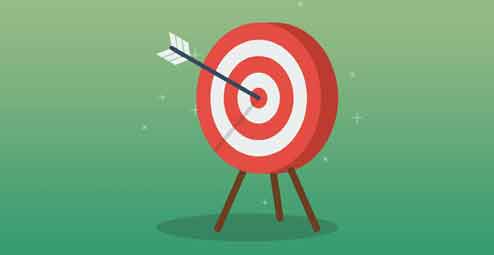If you were to tell someone that you are a self-improvement junkie, they would likely have a one of two reactions. Either they would think you are crazy and possibly need help, or they would say something along the lines of “No way! I don’t need help!” Self-improvement is a wide field, so we have decided to look at different forms of self-improvement.
Self-improvement is a personal goal. We all have personal goals, and these are different for everyone. Self-improvement can be in the form of career, physical fitness, and good health or in the form of mental fortitude to overcome adversity.
Components of Personal Development

Personal development is a constant process of learning, understanding, and adapting to change. When we think about personal development, we should consider the five key components of growth:
- Work
- Relationships
- Health & Wellness
- Creative expression
- Spiritual growth
Pros and Cons of Self Improvement
Self-improvement is the practice of enhancing the self to improve one’s mental or physical well-being. It can also entail improving one’s self-esteem, personal happiness, or cognitive skills.
There are both advantages and disadvantages in self-improvement for all involved parties. For example, when someone tries to make them better in any area of life, they are often confronted with obstacles that can be quite difficult to overcome.
The pros of self-improvement include developing a better quality of life by increasing one’s level of well-being. The con is that it is generally not possible to improve yourself at will because there are many factors that contribute to your happiness and success in life – you have to take into consideration all aspects when trying to improve yourself.
How to Seek and Enjoy Self Improvement

There are various ways to find your purpose in life. One of them is to work towards it. Another one is to discover your passion and turn it into a career or hobby.
Here are 5 tips on how you can look for your purpose in life:
- Seek out what makes you happy, what you love doing, what makes you feel fulfilled
- Start with the basics – where do you like to live? What’s your favorite color? What kind of weather do you like?
- Reflect on your strengths and weaknesses – identify where there are opportunities for self-improvement
- Research the top companies that hire people with similar skills as yours
- Use passion projects as a way to learn more about yourself and understand what’s important
What are the Different Kinds of Self-Improvement Goals?
This section encourages the reader to think about different types of self-improvement goals and how they can contribute to a person’s life.
There are many different tips to self-improvement goals; some people might want to become stronger, some might want to lose weight, and some might want to improve their memory. Some individuals may be more interested in personal development than others and that is completely fine.
Human beings have a natural desire for self-improvement and this section discusses four different types of goals that we can strive for: physical improvement, emotional change, cognitive development, and spiritual development.
How to Set Boundaries with Your Goals?

Setting boundaries is important when you are trying to achieve your goals. It can help you stay on track and avoid getting overwhelmed with all the tasks that you have.
One way to set boundaries for you is to write down the goal in a specific format, for example:
- I am going to read 10 books this year.
- My friend is going to write 50 blog posts this year.
Conclusion
The term “self-improvement” is a very broad and vague one. Some people think it means getting a good night’s sleep, others believe it’s about developing skills in their chosen field. In reality, self-improvement can mean anything from learning to cook to learning to build things yourself.
Self-improvement doesn’t have to be all that serious or complicated either; you can just as easily improve your lifestyle by cutting out the junk food and going for a run! Self-improvement is a process of continuous learning, self-development and growth.

